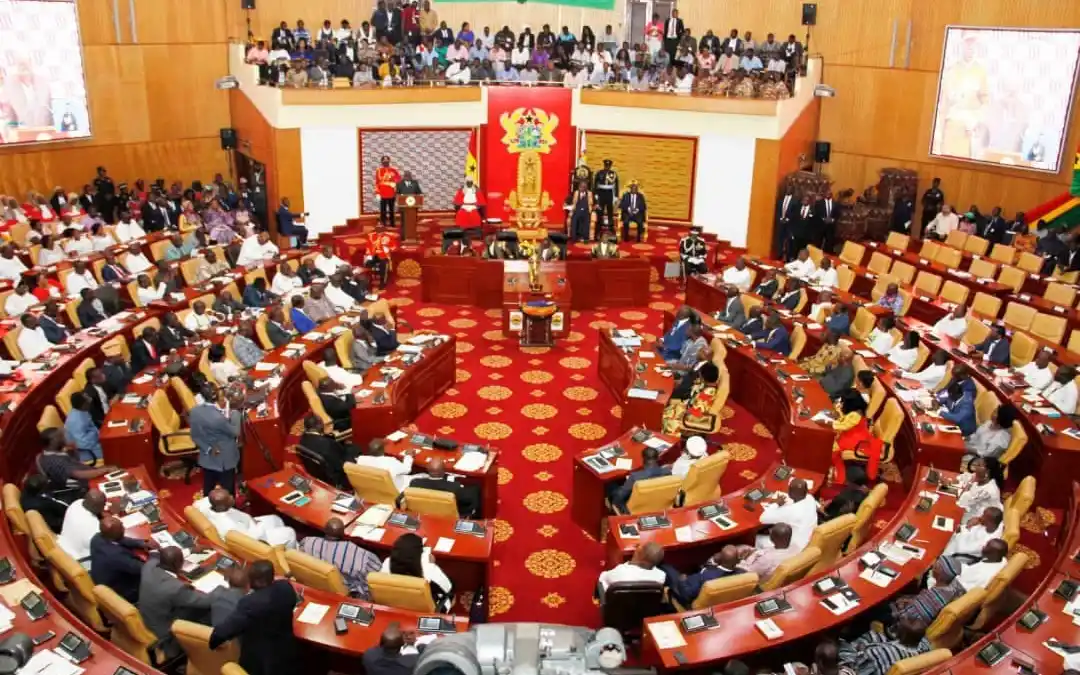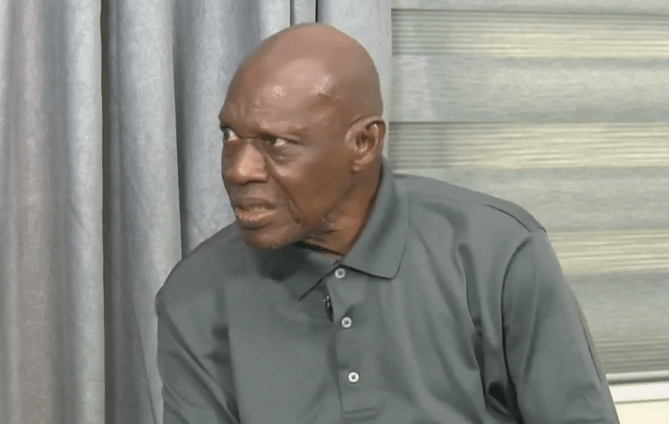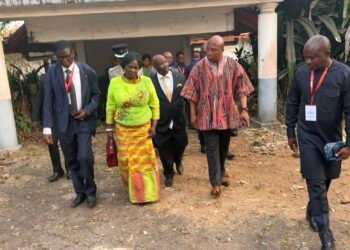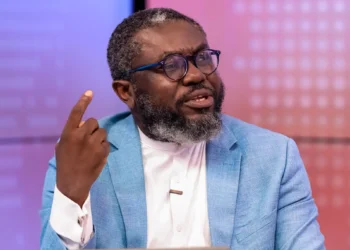Retired Judge of the Supreme Court Justice William Atuguba provided an insightful analysis of the parliamentary makeup and its implications, particularly regarding the interpretation of Article 97 of Ghana’s Constitution.
His reflections looked into the legal complexities surrounding the political dynamics of the current parliament and the broader implications of court orders on parliamentary proceedings.
Justice Atuguba began by addressing a fundamental question. How does a court order, when served and acknowledged by the Speaker of Parliament, affect the makeup of the house?
“When a court order is made, it is to be obeyed according to its terms unless it is set aside. And so you know at first, it was a deep-seated principle of the common law that if an act is null and void, it is automatically null and void. You don’t even need court process.”
Justice William Atuguba Retired Supreme Court Judge
However, over time, the legal understanding has evolved, particularly in Ghana’s context, where public policy and peace have influenced court decisions.
“Later, there was a bold fast. Probably on grounds of public policy, peace, and that kind of thing particulaly in Ghana, It was said that notwithstanding the nullity of any court process, you can’t disregard it. The only way is to go and have it set aside.”
Justice William Atuguba Retired Supreme Court Judge
This statement underscored the necessity for legal actions to be respected until formally overturned, thus clarifying how court orders affect the current political landscape.
The Application of Article 97(g) and (h)
The heart of the conversation revolves around the interpretation of Article 97, specifically sections (g) and (h), which pertain to the disqualification of Members of Parliament (MPs).
“I must confess that, originally, when this matter arose, and I read those provisions, I thought they would lead to [for instance] if somebody is contesting towards election into the next parliament. That this provision will not hold him as having cross carpet.”
ustice William Atuguba Retired Supreme Court Judge
However, after further reflection and analysis, he came to a more nuanced understanding.
“But I must confess that when I thought of it over and over again, and particularly the terms of the reasoning of the Speaker was, pronouncing on this matter, and even having regard to the realistic practice of the parties themselves. We all know of Mike Ocquaye’s time, we know what happen then.”
Justice William Atuguba Retired Supreme Court Judge
This statement illustrated how political actions often influence legal interpretation, leading to a more pragmatic understanding of the provisions of Article 97.
The Difference Between Political Law and Actual Law
“When people are talking law, I feel that we have to distinguish between political law and actual law. Political law is jaundiced law, in my view, sometimes. They try to tilt legal reasoning towards their political interests.”
Justice William Atuguba Retired Supreme Court Judge
This observation is particularly relevant in the context of the parliamentary majority debate, where both sides claim dominance and attempt to use legal arguments to solidify their positions.
Cross Carpeting and Its Implications

Another key point of discussion is the concept of “cross carpeting,” or switching allegiance from one political party to another while still holding parliamentary office. Justice Atuguba reflected on this practice and its historical and legal implications within Ghana’s parliamentary system.
“As I said at first, I thought if a member of parliament is running for election to the next parliament, the idea is that his new membership would take effect with the next parliament [and] show a definitive break or otherwise with his party.”
ustice William Atuguba Retired Supreme Court Judge
However, after carefully listening to the reasoning of the Speaker and examining past precedents,
“It will be incongruous to say that, while a person is campaigning as an independent candidate from his party, he can be said not to have left his party, After all, crossing [the] carpet is related to either coming in as a member of a particular party and then you leave it and join another party or seeking to remain in parliament as an independent candidate after having been elected.”
Justice William Atuguba Retired Supreme Court Judge
Retired Justice William Atuguba’s reflections provided an in-depth analysis of the legal and political nuances surrounding Ghana’s parliamentary processes.
His insights into the application of Article 97 and the broader understanding of the parliamentary majority offer valuable lessons on the interplay between law and politics.
By highlighting the distinction between political and actual law, Justice Atuguba reminded of the importance of maintaining legal integrity amid political maneuvering. His observations on court orders, cross-carpeting, and the behavior of political actors underscore the complexities of governance in a constitutional democracy.
READ ALSO; Nicholas Asefuah Mensah Calls for Collaboration Between Local Stakeholders and Streaming Platforms























